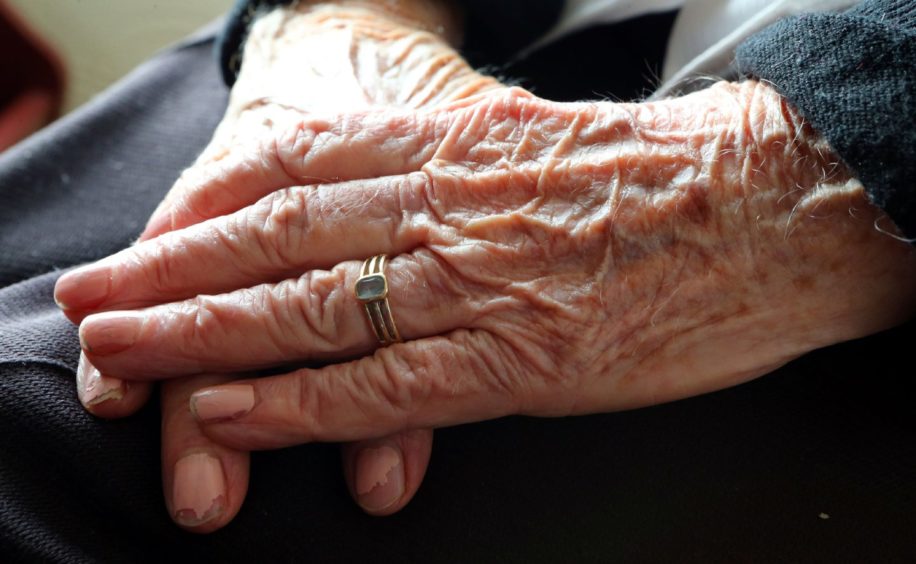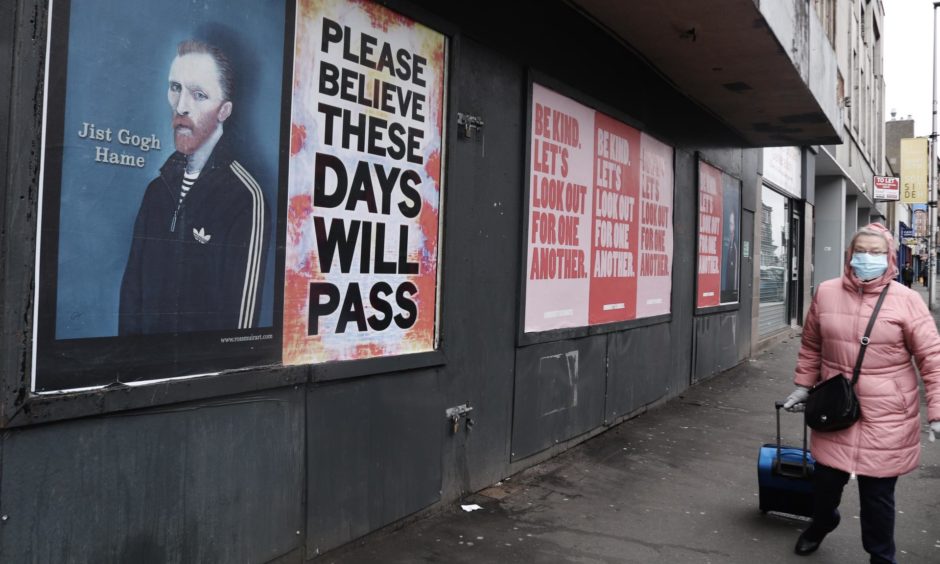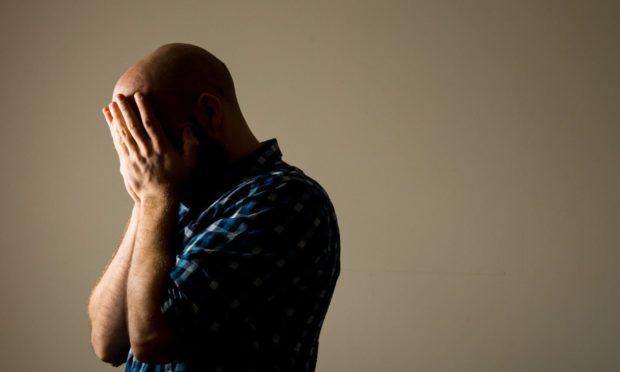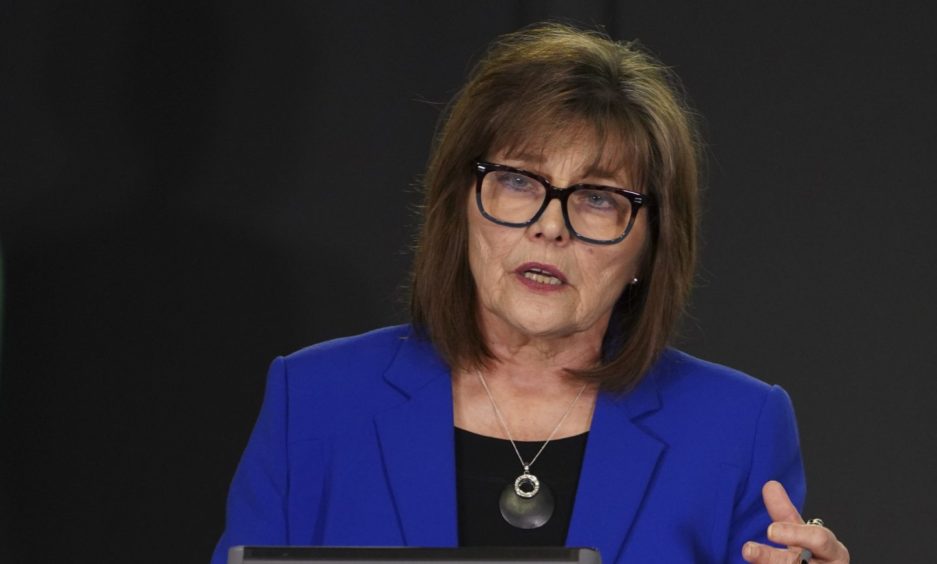Shielding advice for the most vulnerable Scots may have offered only “relatively modest” additional protection from coronavirus and less stringent measures may have delivered similar results, according to a new report.
Public Health Scotland found there was “clear evidence” the Scottish Government’s shielding programme, which was introduced in March to protect those at the highest risk, changed people’s behaviour and that associated support addressed “real need”.
However, it said the advice offered was “neither necessary nor sufficient to change behaviour in all instances” and that while it correctly targeted people at higher clinical risk, not everyone facing increased danger was included in the shielding group.
It was also not clear whether shielding had a positive effect over and above the population-wide restrictions brought in to curb the spread of the virus in March.

“It is possible that less stringent measures – for example, advising individuals that they could leave their home for exercise or physical activity – may have achieved similar outcomes,” the report states.
“In this context, it is also important to acknowledge the negative impacts of shielding, including negative mental health impacts.
“The impacts of reduced access to heath and care services, and, related to this, the impacts on unpaid carers, could only be briefly touched upon in the evaluation but these impacts appear to have been pronounced.”
Hospital risk
The evaluation, carried out between March and August at the request of the Scottish Government, noted shielding individuals were a clinically vulnerable group and were five times more likely than the population at large to be admitted to hospital.
It found a recent non-coronavirus-related hospital admission was the “most important risk factor for severe Covid-19” in the group, and hospital-onset infections, where a person picks up the virus while receiving treatment, may have been a particular risk.
I want to take this opportunity to thank those who continue to follow the shielding advice for their significant sacrifices.”
Health Secretary Jeane Freeman
Public Health Scotland noted it was difficult to “disentangle” to what extent negative impacts were the result of shielding as opposed to restrictions more generally but said it is “clear that shielding at times added extra complications”.
The agency said that while the principle of protecting those at higher risk from infection remains valid, it would not recommend a repeat of shielding “in its initial format”.

It said future programmes would benefit from considering more fully the complexity of how risk factors combine to determine individual risk, including those beyond clinical conditions, such as socio-demographic or occupational factors.
The support needs of the shielding person’s wider household and issues around informed choice should also be more fully considered, it found.
A major exercise
Claire Sweeney, director of place and wellbeing at Public Health Scotland, said shielding was a “major exercise” involving collaboration across a range of partners, including the Scottish Government, local health boards, local authorities and the NHS.
She said each organisation had played its part in “protecting the health of the people most at risk” and that the shielding programme “has had an impact, and the lessons learned so far provide crucial information to help plan support in the future”.
Health secretary Jeane Freeman said: “While the principle of protecting those at higher risk of infection remains valid, there are a number of lessons we can take forward from the shielding programme which will help us inform and strengthen our future policies to protect at-risk groups.
“For example, we are not, at this stage, asking people on the shielding list to go back into the very restrictive form of shielding we saw last March because we know how difficult that was, and how much of a detrimental impact on mental and physical wellbeing it had.
“I want to take this opportunity to thank those who continue to follow the shielding advice for their significant sacrifices. And I want to thank those individuals who took part in the survey and other important research work for their valuable contribution to this evaluation.”

